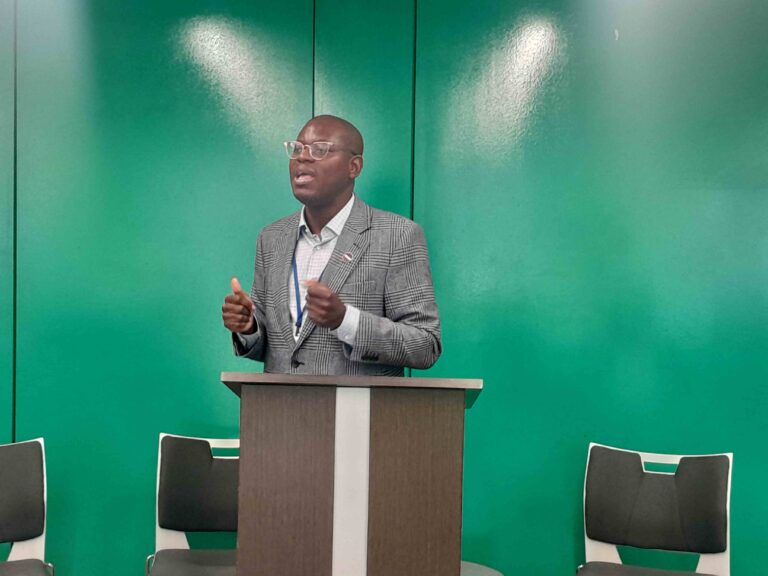|
Getting your Trinity Audio player ready...
|
Bright Simons, the Vice President of policy think tank, IMANI Africa, has called for reforms to programmes of the International Monetary Fund (IMF) and the World Bank Group (WBG), criticising them for lack of sustainability mechanisms.
He argued that the recent architecture of loan-supported programmes of the IMF and development initiatives of the World Bank lacked accountability and transition to ensure durable structural reforms for better outcomes.
The Policy Analyst said this in an exclusive interview with the Ghana News Agency on the sidelines of the just ended spring meetings of the IMF and WBG, in Washington DC, USA.
Developing countries like Ghana are noted for resorting to the IMF for loan-supported programmes to restore macroeconomic stability and debt sustainability, paving the way for economic resilience and inclusive growth.
On the other hand, the World Bank programmes focused on poverty reduction, Human capital development, Infrastructure development, and sustainable economic growth and job creation.
Mr Simons noted that the short-term nature of IMF loan-supported programmes, coupled with the lack of clear transition plans to other development agencies and proper continuation by governments were responsible for the periodic return of Ghana and other countries to the Bretton Woods institutions for antidotes to their economic crisis.
“The World Bank accountability mechanism is to the government, the same government that they are supervising. They need to incorporate civil society into the process so that when you do that long-term structural transition, there is more accountability,” he said.
“Government officials wield significant authority and often deploy it to serve political interests, including those of their business associates,” he said, noting that the IMF and World Bank processes inadvertently reinforced such concentration of power.
Mr Simons pointed to several examples of failed accountability in Ghana, including expensive drone programmes for drainage monitoring and illegal mining (galamsay) surveillance that disappeared without adequate tracking.
“A new minister came and said you can’t find them. Nobody can find where they are,” he said, adding that similar programmes continued to receive funding despite those failures.
He called for reforms in the structure of programmes of the Bretton Woods institutions to create the necessary checks and balances through strengthened civil society participation for effective enforcement and empowering of voices within the country.
He encouraged deliberate investment in policy literacy and civil society capacity to bridge the gap between paper reforms and actual implementation, to propel the effectiveness of international development programmes.
Source: GNA


